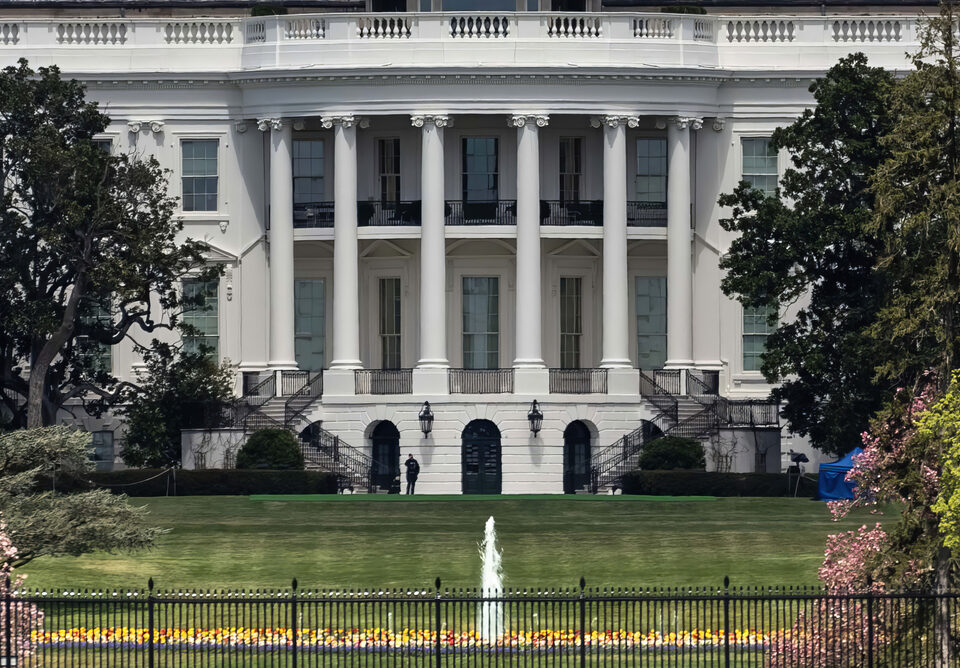Minnesota policymakers want surrogacy regulated
February 15, 2017DC Surrogacy Ban Lifted
April 18, 2017Update on Surrogacy in Mexico 4/30/2035
A Stronger, Safer, and Clearer Legal Framework
In the years since those early struggles, Mexico has taken significant strides in regulating and safeguarding surrogacy practices. Several states — notably Tabasco and Sinaloa — have introduced legal frameworks that clearly outline the rights and responsibilities of all parties involved: intended parents, surrogates, medical professionals, and the children born from these arrangements.
These updated regulations prioritize:
* The welfare and informed consent of surrogate mothers.
* Legal certainty for intended parents, both domestic and international.
* The protection of children’s rights from birth.
For families considering surrogacy in Mexico today, this means no longer navigating a murky system, but engaging in a process supported by transparent legal contracts, ethical medical practices, and established government oversight.
Improved Medical Oversight and Ethical Standards
Alongside legal reforms, Mexico’s fertility clinics and surrogacy agencies have worked hard to raise the bar in terms of professionalism, medical standards, and surrogate support. Accredited clinics now operate under rigorous protocols to ensure the safety of embryo transfers, the health of surrogate mothers, and consistent, compassionate communication with intended parents, wherever they may be in the world.
A Renewed Destination for Hopeful Parents
Mexico has reemerged as a trusted destination for international surrogacy. With its improved legal protections, ethical safeguards, and proximity to world-class fertility services, intended parents can now pursue their dreams with far greater peace of mind.
A Message to Families Still on This Journey
While no surrogacy journey is without its emotional challenges, it is deeply reassuring to witness how Mexico has listened, learned, and evolved from the difficult stories of the past. The brave families who shared their experiences years ago played a vital role in driving this positive change, and their voices continue to matter. If you’re considering surrogacy in Mexico today, know that it’s a different environment
than it was in 2017. With careful planning, experienced legal guidance, and the support of ethical, accredited clinics and agencies, many hopeful parents are now realizing their dreams in a safer, more transparent setting.
Hope remains and it shines a little brighter now.
************************************************************************************************************
In two separate parts of the world, surrogacy bans and issuance of birth certificates continue to wreak havoc on parents wanting to return home with their babies. Recent media coverage on Cambodia and Mexico has triggered global criticism for those families who cannot move forward and return home with their children.
Cambodia has now become a dreadful situation for many parents since Cambodian officials announced the surrogacy ban in December 2016. While foreign parents were assured their newborns could be taken out of the country just this month its Interior Ministry officials backpedaled on that earlier decision.
“When there is an agreement, we’ll broadcast it. As for cases that are awaiting resolution, we cannot promise how they will be solved,” secretary of state Chou Bun with the Interior Ministry told a reporter. “When we are presented with cases that need resolution, we will solve them according to Cambodian law.”
Although parents are encouraged to “step forward,” many are hesitant as to the uncertainty of their outcome if they do.
One such parent is James, 33, who lives in China where surrogacy remains illegal. While James has returned home, his own parents have relocated to rear his twins in Phnom Penh until a clear cut decision in Cambodia is made. The Chinese embassy is not intervening.
“We are Chinese citizens, but our embassy has never helped and they just want to pretend that nothing has happened,” James told a reporter. “I miss them [twins] so much and I love them.”
While foreign parents remain reticent in Cambodia, over 9,000 miles away in Mexico another legal situation is brewing for three gay parents who want to take their babies home back to Israel. The Mexican Interior Ministry has temporarily restricted the issuance of birth certificates for babies born via a Mexican surrogate.
New father, Shaul Shiri, told a reporter that the reason for this cessation was local government bribery. Shiri along with the other fathers want Israeli officials to step up and help out.
“It is a real mess,” Shiri told the news. “The embassy asked us not to involve lawyers or the media and said they would resolve the situation.”
In Israel, heterosexual couples can use surrogacy to build their families; however, the law does not apply to same-sex couples. Gay individuals and couples must rely on foreign surrogacy.
Working in a stable country, like the US, would prevent these situations—as well as seeking the advice of any attorney before embarking on your surrogacy journey.



